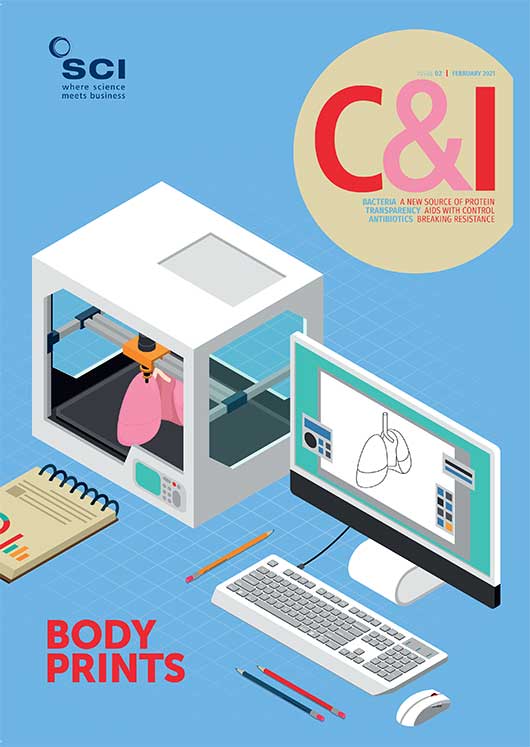Shem Oirere
Some of the measures announced by governments to contain the spread of Covid-19 could have disrupted malaria control and treatment programmes in malaria-prone African countries, according to a new report from the World Health Organization (WHO).
Governments across the continent imposed lockdowns and stringent movement regulations that made access to health facilities difficult as more people stayed at home either for fear of coronavirus infection or in response to official State directives.
Furthermore, WHO says the manufacture of malaria diagnosis and treatment supplies was diverted to address the new virus, citing the stockpiling of chloroquine (CQ) and hydroxychloroquine (HCQ) after initial tests gave the impression they had potential to treat hospitalised Covid-19 patients.
‘The massive spike in demand for these medicines – normally used for the treatment of P. vivax malaria, and conditions such as rheumatoid arthritis and lupus – generated high demand for their active pharmaceutical ingredients,’ the report says.
Sales of 4,7-dichloroquinoline, a key starting material in the manufacture of other antimalarial drugs, such as piperaquine and amodiaquine, increased six-fold between April and June 2020.
However, it soon emerged the use of CQ and HCQ in treating Covid-19 ‘did not add any value, but to the contrary, it posed a risk especially to those who have pre-existing heart conditions and could cause heart rhythm problems or arrhythmias,’ according to Patrick Amoth, Kenya’s Acting Director General for Health during one of the Covid-19 national briefings in 2020.
With the easing of the stockpiling of CQ and HCQ for Covid-19 treatment, especially after reported cases of cardiotoxicity and deaths due to unregulated self-administration of the drugs, demand waned and manufacturers and suppliers re-directed the medicine to the treatment of malaria.
Some countries such as Ethiopia later benefitted from the failed trials on use of CQ in Covid-19 treatment after one donor, who had sought 120m tablets of the CQ for deployment for Covid-19 treatment in lower middle-income countries, received the drugs as a donation for treating P. vivax malaria.
Additionally, malaria rapid diagnostic test supplies were shifted to Covid-19 as manufacturers focused on making and supplying assay buffers, lancets and alcohol swabs to meet the increasing demand from the emerging virus.
For Africa, the WHO says ‘a disruption in access to malaria treatment of 10% in sub-Saharan Africa is likely to lead to an estimated 19,000 additional deaths among people of all ages. This is likely to increase to 28,000, 46,000 and 100,000 deaths if access is reduced by 15%, 25% and 50%, respectively.
‘International demand for the development and large-scale production of SARS-CoV-2 antigen-detecting rapid immunoassays increased dramatically, driven by the need to diagnose and track the pandemic.’
Leading suppliers of rapid diagnostic tests (RDTs) announced plans to reduce manufacture of malaria RDTs to focus more on production of Covid-19 tests, according to the WHO report.
Meanwhile, more than 60% of African countries have embraced the WHOs Intermittent preventive treatment in pregnancy (IPTp) approach that reduces malaria during pregnancy.
An estimated 10,000 expectant mothers and 100,000 newborn babies die of malaria annually in Sub-Saharan Africa. But with 33 countries adopting IPTp-using sulfadoxine-pyrimethamine (SP) – cases of maternal and foetal anaemia, low birth weight and neonatal mortality could be eliminated in the region.
WHO recommends at least three doses (IPTp1 to IPTp3) of SP every 30 days during pregnancy for women in regions with moderate to high malaria transmission rates.
‘Despite a slight increase in IPTp3 coverage from 31% in 2018 to 34% in 2019, coverage remains well below the target of at least 80% and underscores the substantial number of missed opportunities, given that 62% of women receive IPTp1,’ says the WHO report.





